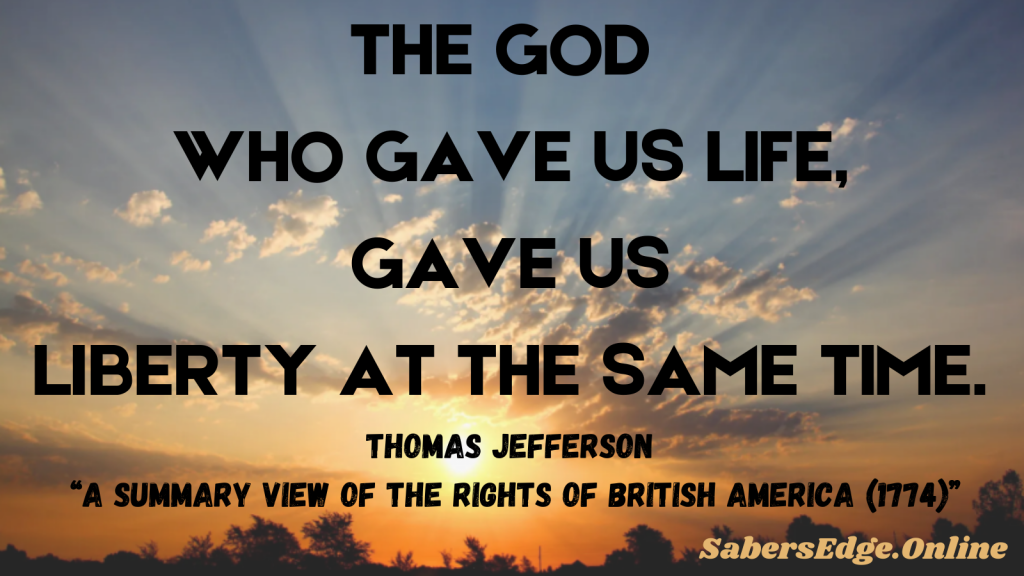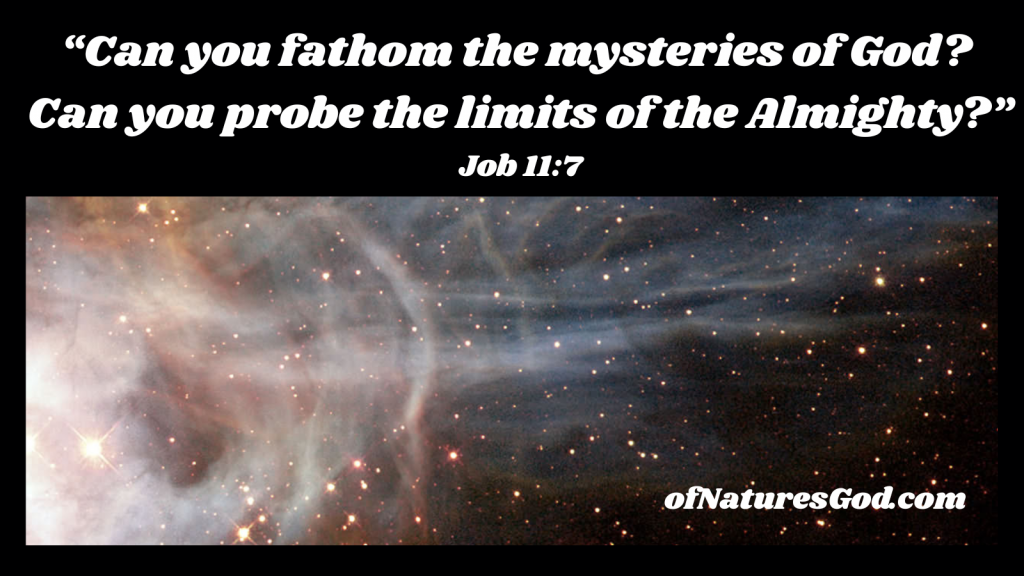Amazing Grace is more than a much-loved song it also has a moving story behind it. This song is one of the two most commonly used songs at funerals and is often used in movies when a “religious” song is needed, it is one of the ten top hymns cited by pastors as significant in their “call to ministry.” In fact, in Star Trek II: The Wrath of Khan, Chief Engineer Montgomery Scott plays “Amazing Grace” to honor his fallen comrade Spock at that officer’s funeral. The song grew in fame and use through the American Civil War and during the Viet Nam war as well. But the story behind it is as fascinating as the song is moving.
Once you know the story it gives new depth to the all the words but especially the beginning:
Amazing grace! How sweet the sound
Amazing grace by john newton, 1772
That saved a wretch like me.
I once was lost, but now am found,
Was blind, but now I see.
This song, beloved in the African American, and virtually all Christian communities, was one of over 200 hymns written by John Newton. Newton, ironically, was a slave trader and the son of a slave trader. Born to a Puritan mother who died just shy of his 17th birthday, he first went to sea with his father at the age of 11 on his father’s slave ship. He became a careless libertine and drank heavily. As happened to many careless, raucous, licentious libertines in a seaport he was impressed into the British Navy, which heavily “recruited” drunk young men. He attempted to desert from the Royal Navy and received 8 bloody lashes across his back with a whip while tied to the mast for his escape attempt. Flogging was a common punishment back then and continued even into the 19th Century where it persisted in the naval and military communities long after it stopped being used for civilian punishment.
Later, he followed his father’s path and became a slaver who hauled cargoes of African slaves to the New World for the Plantations in North and South America and the Caribbean. While serving on the ship the Pegasus Newton had some disagreements with the crew and they sold him into slavery to an African king and princess and marooned him in Africa. John Newton’s father engaged another ship captain to find and rescue him and, once rescued, he was sailing back to England when the ship became embroiled in a horrible storm. The ship’s side ruptured and took on water, and John Newton prayed for deliverance. Whereupon the cargo shifted in the storm in such a way that it closed off the hole and the ship was saved. John viewed this as an answer to his prayer and from that point on became a Christian. Although not a very good one, at first.
What so many fail to understand is that Christians are not paragons of virtue. As the saying goes churches are a hospital for sinners and not a museum for saints. Every cross should be read as an “under construction” sign perhaps along with “please excuse our mess.”
So, John determined to become a follower of Christ. What did that mean? Perhaps he had seen something about what that meant through his mother in his youth, and he now sought to learn what it meant to be a Christian and he started by regularly reading his Bible. But, in his own words he said:
“I cannot consider myself to have been a believer in the full sense of the word, until a considerable time afterward,” – John Newton
While he wasn’t sure what it meant to be a follower of Christ he knew that compassion and the “Do unto others as you would have them do unto you” had something to do with it. He therefore determined to become the fairest, most compassionate slave trader the world had yet seen. He made three more voyages as the ship captain of slave ships the Duke of Argyle and the Arfrican. In 1754 he suffered a stroke and retired and in 1772 he became an Anglican Priest and finally came to the conclusion that being a slave trader was incompatible with being a Christian. Henceforth, he was an ardent abolitionist.
In 1772 he wrote Amazing Grace, and in 1788 he published a pamphlet that graphically described the horrors of the slave trade. The pamphlet was widely read and the description galvanized the opposition to slavery in the English world John Newton campaigned hard for its abolition. He lived to see the international slave trade abolished for both England and the newly minted United States (where the law banning the slave trade was signed into law by Thomas Jefferson who almost three decades earlier had written “all men are created equal” and so eloquently abjured the crown for trading in human beings – although his draft condemnation was not accepted as part of the final draft of the Declaration of Independence. Both the US and England stopped the international slave trade to their shores at the beginning of 1807 and John Newton died in December of that year, having seen this great work implemented in his lifetime.
Amazing grace! How sweet the sound
That saved a wretch like me.
I once was lost, but now am found,
Was blind, but now I see.
‘Twas grace that taught my heart to fear,
And grace my fears relieved.
How precious did that grace appear
The hour I first believed.
Through many dangers, toils and snares
I have already come;
‘Tis grace hath brought me safe thus far
And grace will lead me home.
The Lord has promised good to me
His word my hope secures;
He will my shield and portion be,
As long as life endures.
Yea, when this flesh and heart shall fail,
and mortal life shall cease,
I shall possess within the veil,
A life of joy and peace.
When we’ve been there ten thousand years
Bright shining as the sun,
We’ve no less days to sing God’s praise
Than when we’ve first begun.
–John Newton, 1725-1807



4 Comments